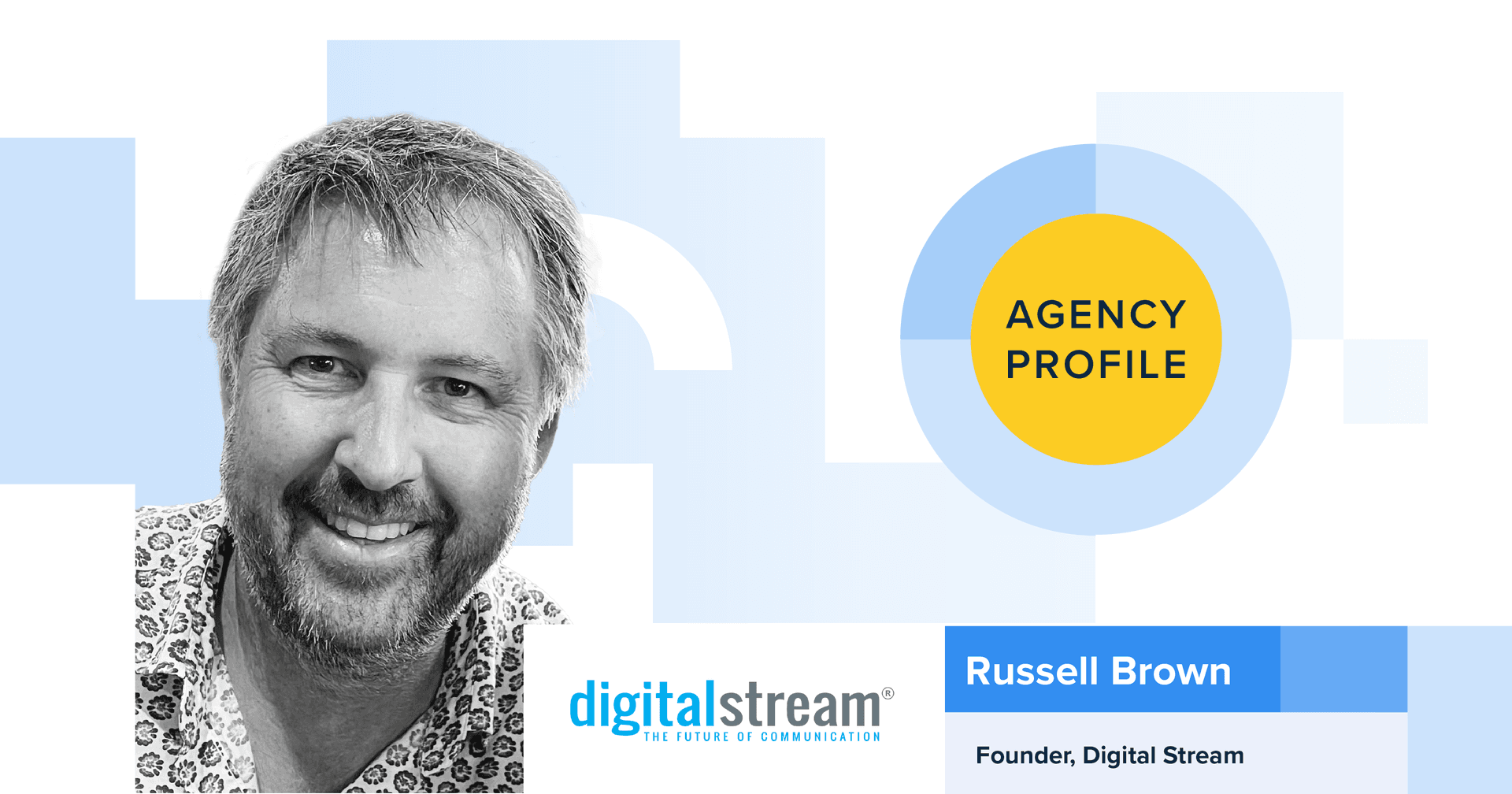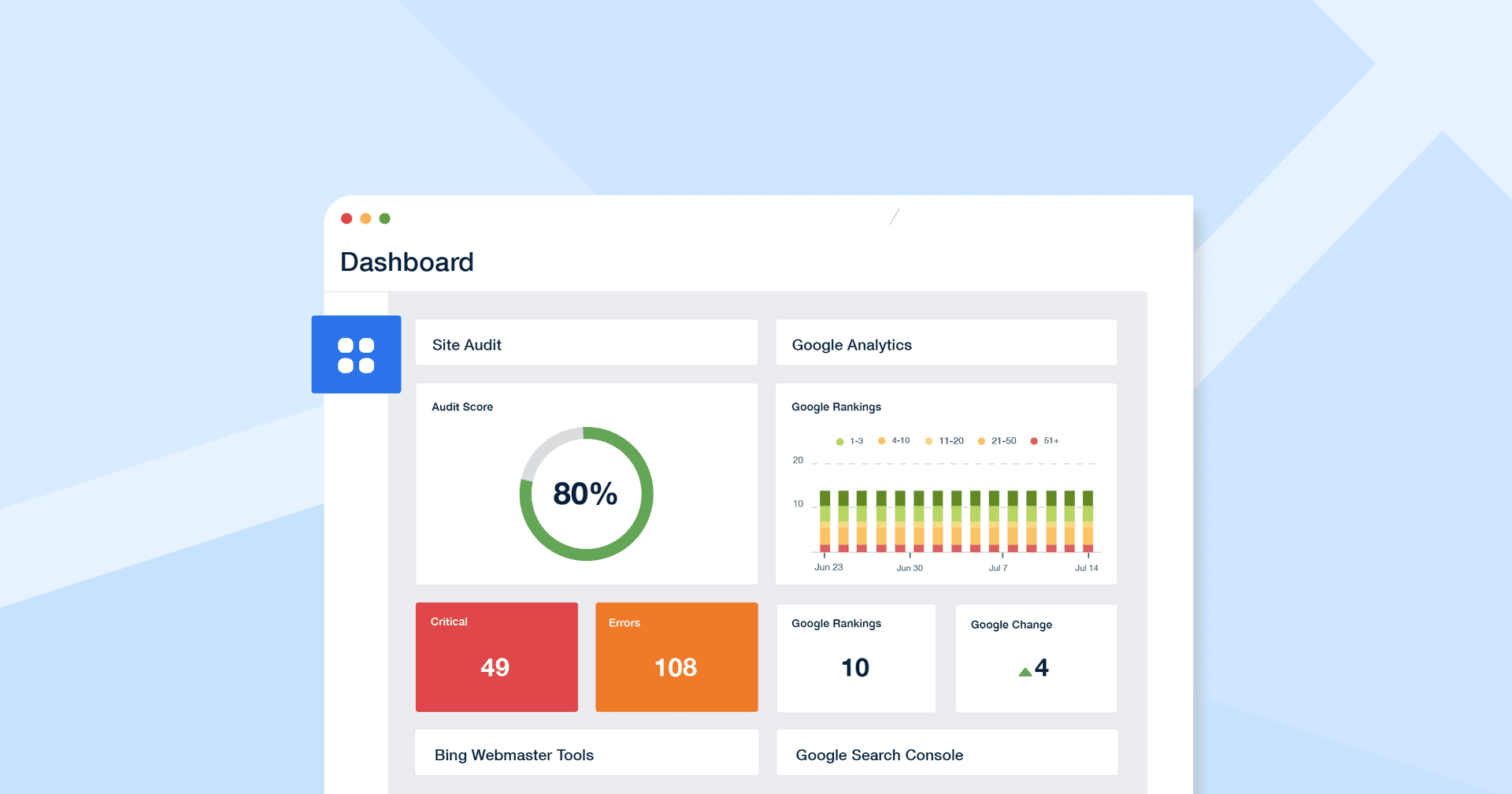Table of Contents
QUICK SUMMARY:
Marketing agencies can all relate to the common struggle: how to deal with time pressure. It affects productivity, employee well-being, and client satisfaction. This guide offers seven helpful strategies to manage time effectively, enhance work quality, and maintain a healthy work-life balance.
Do you ever feel like the clock hanging on the agency wall is your arch-nemesis? You're not alone! The struggle to juggle tight and many deadlines and sky-high client expectations is all too real in this fast-paced, high-stakes world. And let's face it–when time pressure gets the better of us, it leads to a domino effect: burnout, dwindling productivity, and a dip in the quality of our work.
But it doesn't stop there. This stress-fest doesn't just take a toll on your spirits; it also wreaks havoc on your agency's culture, impacts employee retention, and chips away at the trust you've built with clients.
To succeed in the fast-paced marketing agency industry, it's essential to develop strategies and techniques for managing time pressure to allow for effective collaboration and high-quality results.
Whether you're a seasoned CEO or new to marketing management, these seven tips will help you navigate the pressures of the industry while maintaining your productivity and well-being.
Time Pressure by the Numbers
Anyone who has worked in a marketing agency will tell you that time pressure is a constant challenge.
The quick-paced, deadline-driven environment can make it difficult to manage both your team’s workload and your quality control. However, understanding the true impact of this time pressure requires a closer look at the numbers.
As the founder and CEO of Creative Click Media, I understand that in our business, time is our most valuable asset. It's what we sell to our clients in the form of expert digital marketing services, so it's crucial that we manage it as efficiently as possible.
Let’s examine the latest statistics related to time management and productivity to gain a better understanding of the challenges that marketers face and identify areas where time management strategies are most needed:
20% of the average workday is spent doing crucial tasks, while 80% is spent on tasks that provide little or no value. If you’ve read anything about the 80/20 rule, you know that this happens every day.
41% of employees say that stress due to time constraints makes them less productive.
The average employee spends 2 hours of their work day recovering from distractions.
88% of employees procrastinate on tasks daily.
46% of Americans say they take their work home with them due to poor time management at the office.
The average employee spends 8 hours each week doing tasks that should be automated.
91% of employees say better time management would reduce their stress at work.
While all of those facts and figures may feel daunting, there are some easy ways to streamline tasks, prioritize workloads, and ease off some of this time pressure.
Tip 1: Prioritize Your Tasks
Picture this: you've just started your day at the marketing agency, and it feels like a million tasks are vying for your attention. Can you relate?
When faced with an ever-growing to-do list, managing time pressure in a marketing agency requires effective prioritization.
By putting first things first, you make sure that your team stays focused and efficient while also delivering top-notch results to your clients. Plus, mastering prioritization means you can wave goodbye to that gnawing sense of overwhelm and bask in the satisfaction of a well-ordered to-do list.
Begin by listing all the necessary items with their deadlines and importance levels. Next, identify critical tasks such as those with tight deadlines, crucial to campaign success, or requiring input from others.
Here are four quick questions to ask yourself when you're sorting through that ever-growing to-do list at your marketing agency:
1. What's the deadline? 🗓️ Keep an eye on those ticking clocks and make sure you know which tasks need to be tackled ASAP.
2. What's the impact? 💥 Ask yourself how each task contributes to the overall success of a project or your clients' objectives.
3. What's the effort involved? 🏋️♀️ Gauge the time and resources needed for each task, and consider tackling quick wins first to build momentum.
4. Are there dependencies? 🧩 Identify tasks that rely on others to be completed first–and vice versa–and get those sorted to keep things moving smoothly.
With your high-priority tasks in mind, focus on completing them first before moving on to less time-sensitive work.
Agency Tip: Ultimately, the key to effective task prioritization is to be realistic and flexible. Recognize that priorities can change quickly in a marketing agency, and be willing to adapt your approach as needed to stay on top of your workload.
Tip 2: Use Time Management Tools
Managing time is crucial for success in a marketing agency, where tight deadlines and high client expectations are the norm.
To help your teams stay organized and productive, use time-management tools that help them work smarter, not harder.
There are a variety of time-management tools available, ranging from simple calendars and timers to more advanced software programs designed specifically for time management.
Some of the most popular tools include:
Calendars - Whether you prefer a paper planner or a digital calendar like Google Calendar, having a centralized place to track deadlines and appointments helps you stay on top of your schedule.
Pomodoro Timers - The Pomodoro technique involves breaking your workday into 25-minute intervals, with short breaks in between. Using a Pomodoro timer can help you stay focused and avoid burnout.
Time-Tracking Tools - If you bill clients by the hour, time-tracking software like Tick or Toggl helps you track billable hours and ensure accurate invoicing.
Project Management Software - Project management software like Basecamp can help you collaborate with team members and clients to keep track of project deadlines and milestones.
The key to effective time management is finding a system that works for you and your team, so make sure they aren’t overly complex or difficult to use.
We believe in staying ahead of the curve and always looking for ways to improve our processes and deliver better results. From project management software to reporting tools to data analytics platforms, we're always on the lookout for the best tools to help us succeed.
Experiment with different tools and approaches, and be willing to make adjustments as needed to find the right balance.
Tip 3: Learn to Delegate
Empowering your team members and freeing up your own time to focus on higher-priority work is essential for managing time pressure in a marketing agency.
Begin by identifying which responsibilities can be assigned to other team members based on their strengths and skills. Clearly communicate the task's expectations and any deadlines and provide the necessary resources and support. This will also avoid any last minute decision that can detriment the task if it was handed off to the wrong or unqualified person.
Avoid micromanaging and instead, give your team members the autonomy to take ownership of their work while still providing clear guidelines. Also, recognize and reward their accomplishments to foster growth and development.
Although delegating can be challenging, it’s a powerful way to manage time pressure and achieve success.
Tip 4: Manage Distractions
As a leader in a marketing agency, managing distractions is crucial not only for your own productivity but also for the productivity of your team.
Open office spaces and constant communication can make it difficult to stay focused, so it's important to take steps to minimize distractions and create an environment that supports productivity.

Start by identifying the most common sources of distraction in your workplace–such as social media, email notifications, or noise–and take action to minimize their impact. Encourage your team members to do the same and create a culture that values focus and productivity.
If you’re running a remote agency, encourage “quiet working hours” like a simple Status on Slack that says a team member is focusing and won’t get any notifications for a while.
By the way, if your team implements the Pomodoro technique mentioned above, remember that it only works if you turn off notifications and close any distracting tabs or applications during their work intervals.
60% of people who use the Pomodoro technique felt that their workload was under control at least 4 days a week, so it might be worth trying for yourself if you feel often feel overwhelmed.
Tip 5: Strengthen Your Communication Skills
Communication breakdowns are also a major source of time pressure and missed deadlines. By strengthening your team’s communication skills, you reduce misunderstandings, build stronger with your coworkers and clients, and ultimately work more effectively and efficiently..
Although it can be challenging to accomplish in a hectic marketing agency setting, actively listening to your coworkers and clients helps you focus and understand their needs and concerns. Ask clarifying questions to ensure you're on the same page before taking action. Use simple language and avoid jargon or technical terms that others may not understand to communicate clearly.
With your team, be specific about deadlines, expectations, and goals, and follow up regularly to ensure everyone is on track.
Prioritize empathy and respect in your communication. Recognize that everyone has different communication styles and perspectives, and be willing to adapt your approach as needed.
Adam Binder
It's also important to choose the right communication channels for each situation. For example, email or instant messaging may be appropriate for quick updates or simple questions, while video calls or in-person meetings may be better for more complex discussions or brainstorming sessions.
Tip 6: Embrace Automation
Automation is another powerful tool for managing time pressure in a marketing agency. Automating routine and repetitive tasks frees up time and mental energy to focus on more complex and strategic projects.
In addition to saving time, automation also improves accuracy and consistency in your client reporting. By significantly reducing the potential for human error, you reduce the need for time-consuming corrections and revisions and make the most of your time and resources.
We implemented tools and systems that would allow us to execute common tasks with greater ease. For example, we started using the AgencyAnalytics app to pull data from many sources, which allows us to provide our growing roster of clients with detailed reports that illustrate the bigger picture while spending less time doing it each month.
While automation can be a powerful tool for managing time pressure in a marketing agency, copywriting, or SEO research and implementation, it can't replace human workers entirely. Certain tasks, such as creative problem-solving, critical thinking, and relationship-building, require a human touch.
Tip 7: Take Breaks
It can be tempting to work long hours and skip breaks when you’re under immense time pressure. However, taking breaks is essential to maintain productivity, avoid burnout, and achieve a healthy work-life balance, even in the last minute of the deadline.
It may seem counterintuitive, but research shows that taking regular breaks can actually increase your productivity and creativity. Encourage your team to use their vacation days to fully recharge, reenergize, and return to work with renewed focus and creativity.
Taking time off is not a sign of weakness but rather a smart and essential way to maintain your mental and physical health in a high-pressure work environment.
Take Control of Your Time & Thrive at a Fast-paced Agency
In a fast-paced marketing agency, time pressure will almost always be a challenge. However, by implementing these tips and strategies, you take control of your agency’s workload, increase productivity, and achieve a healthier work-life balance for your employees.
We use this extra time to stay ahead of the curve by studying industry trends and experimenting with new marketing strategies. We also value the importance of self-care and now have the time to take a well-deserved break every now and then. By reinvesting the time we won back, we are able to continually improve our services and better serve our clients.
Modeling healthy time management habits helps your team work more efficiently and avoid burnout. Additionally, effective time management leads to better client satisfaction by delivering high-quality work on time and with fewer errors. It also does wonders for employee retention for promoting a culture of a healthy work-life balance.
Remember, managing time pressure is an ongoing process and requires consistent effort and evaluation.
We believe in the power of continuous improvement. We're always open to new ideas and approaches, and we're willing to pivot and change our strategies when needed. This flexible mindset has allowed us to adapt and evolve over time, and has been a critical factor in our long-term success.
Keep track of what works and what doesn't and be willing to adjust your strategies as needed. With the right mindset and the right tools, you can successfully manage time pressure and thrive in a high-pressure agency environment.

Written by
Adam started Creative Click Media in 2011, and has grown Creative Click Media from a one-man operation into a double-digit team of top talent with an ever-growing awards shelf to match.
See how 7,000+ marketing agencies help clients win
Free 14-day trial. No credit card required.






